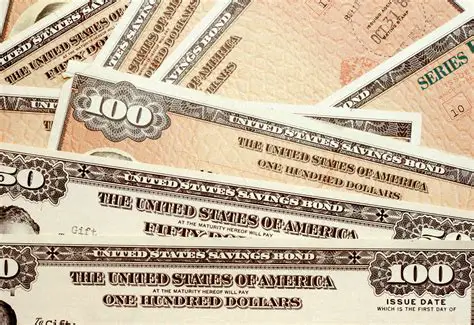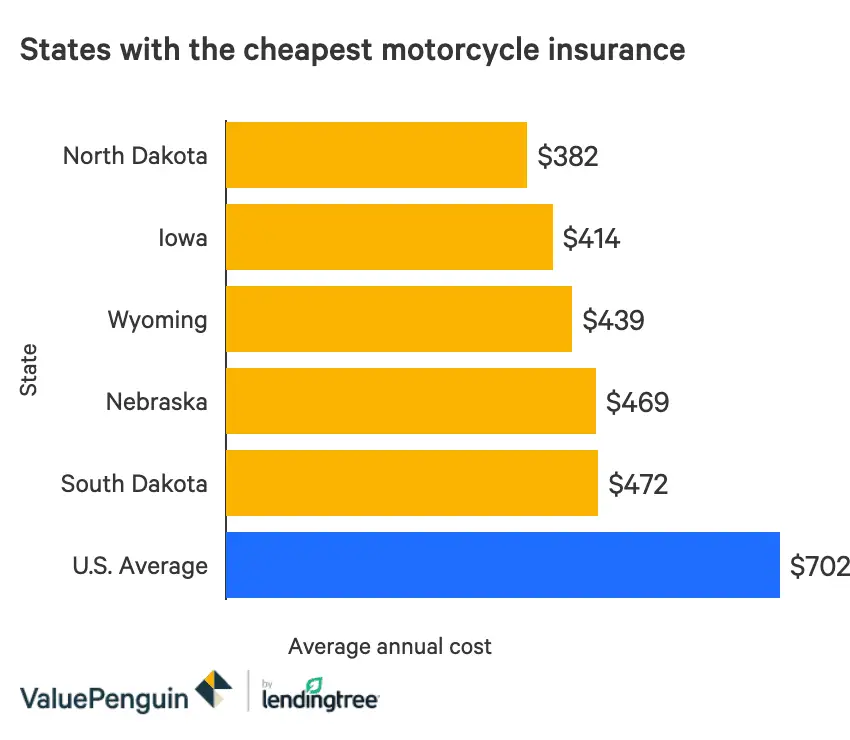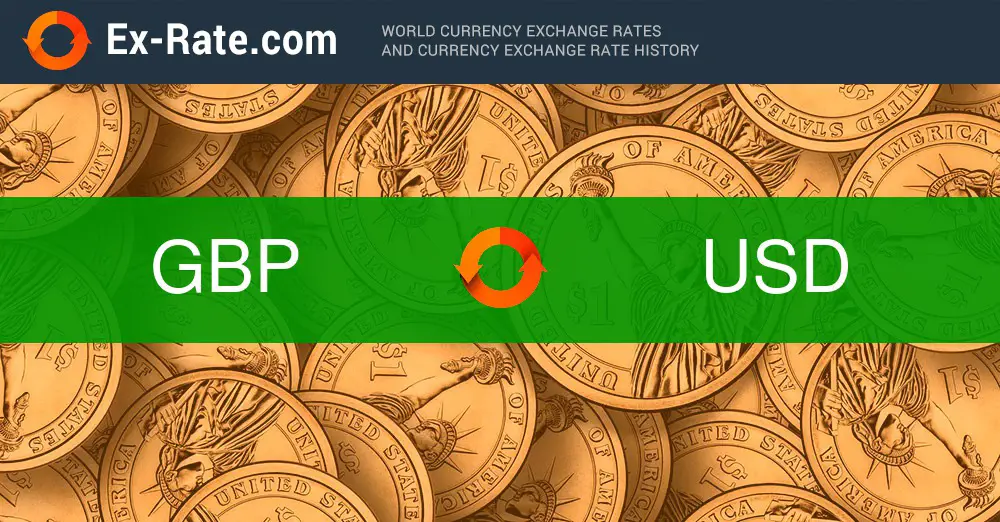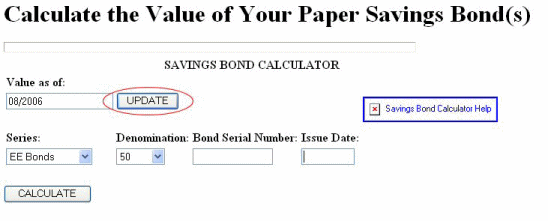
When it comes to growing and securing your financial worth one of the most effective techniques is investing. Choosing the types of investment you will use can be difficult, but it is crucial to select the right ones or you could easily lose a lot of money. One of the most dependable forms of investment is to purchase savings bonds. These bonds are sold by the Federal government, specifically the Treasury Department. They are popular not just for personal purchase, but as gifts for new babies, birthdays, or weddings. If you happen to find one lying around that you forgot you had received, or you have been collecting them for some time and are considering cashing them in you may be wondering “How much is my savings bond worth?”
What is a Savings Bond?
Savings bonds are documents purchased from the United States government that help to pay off the nation’s borrowing debts while providing a safe and secure form of investment for the owner. The value of the bond increases the longer that it is held without being cashed in and is backed by the full faith of the government. This means that regardless of the condition of the economy when a bond is cashed in the owner is entitled to the full amount that is owed on it.
These bonds cannot be cashed in within a year of their purchase date, except in the instance of a declared national disaster. If you choose to cash in a savings bond prior to five years after the date of purchase there will be a three-month interest penalty imposed on the accrued value of the bond. This means that if you decide to cash in a bond when you have owned it for only three years, you will receive only 33 months worth of interest rather than the full 36 months’ worth.
Savings bonds are also appealing as investment opportunities because they are not subject to local or state income tax, and when the funds are used to pay for expenses related to higher education they are not subject to Federal Income Tax either. The security and stable growth of these bonds make them good choices for sound personal investment, but can also offer a financial head start for children or newlyweds in a way that encourages savings.
Types of Savings Bonds
There are three types of savings bonds from which to choose. The type that you select will impact the face value of the bond, how quickly it grows, and how much it will be worth when you decide to cash in your bonds.
- Series I Bonds: these bonds are available in denominations of $50, $75, $100, $200, $500, $1000 and $5000. They are purchased at face value and have a final maturity date, meaning that they cease earning interest, after thirty years.
- Series EE Bonds: these bonds are available in denominations of $50, $75, $100, $200, $500, $1000, $5000, and $10000. They are purchased at half of the face value. This is the type of bond that is most commonly purchased for gift purposes.
- Patriot Bonds: Patriot Bonds are essentially just a Series EE bond with the addition of the words “Patriot Bond” printed on the face of the bond.
How Much is My Savings Bond Worth?
If you are interested in cashing in your savings bonds but are unsure of the interest rates, maturity dates, or other information that would allow you to determine the value you can take advantage of online savings bond value calculators. For example, the one available on www.treasurydirect.gov instructs you to input the series of bond, denomination (face value), bond serial number, and issue date of your bond. You can even indicate the month that you want used to determine the value so you can plan ahead for cashing out your bonds in time for an important event such as a big birthday, going to college, a wedding, or making a large purchase. Once this information is put into the calculator you will tell you how much your bond is worth at that time. After you’ve asked “How much is my savings bond worth?” and calculated the value, you can decide whether you want to cash them in, or organize them into a file and wait until they have accrued even greater value.




